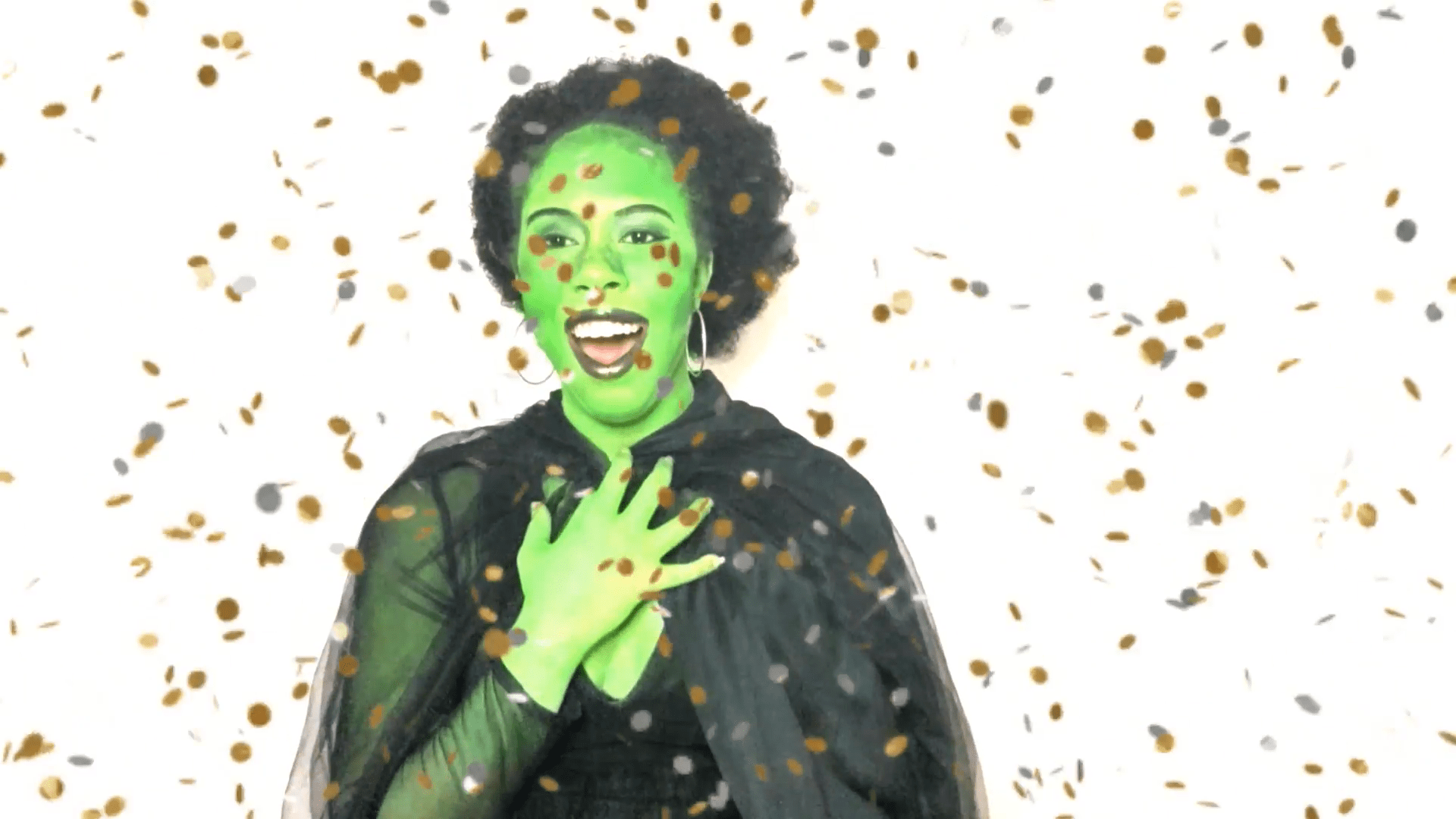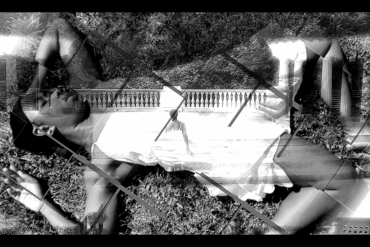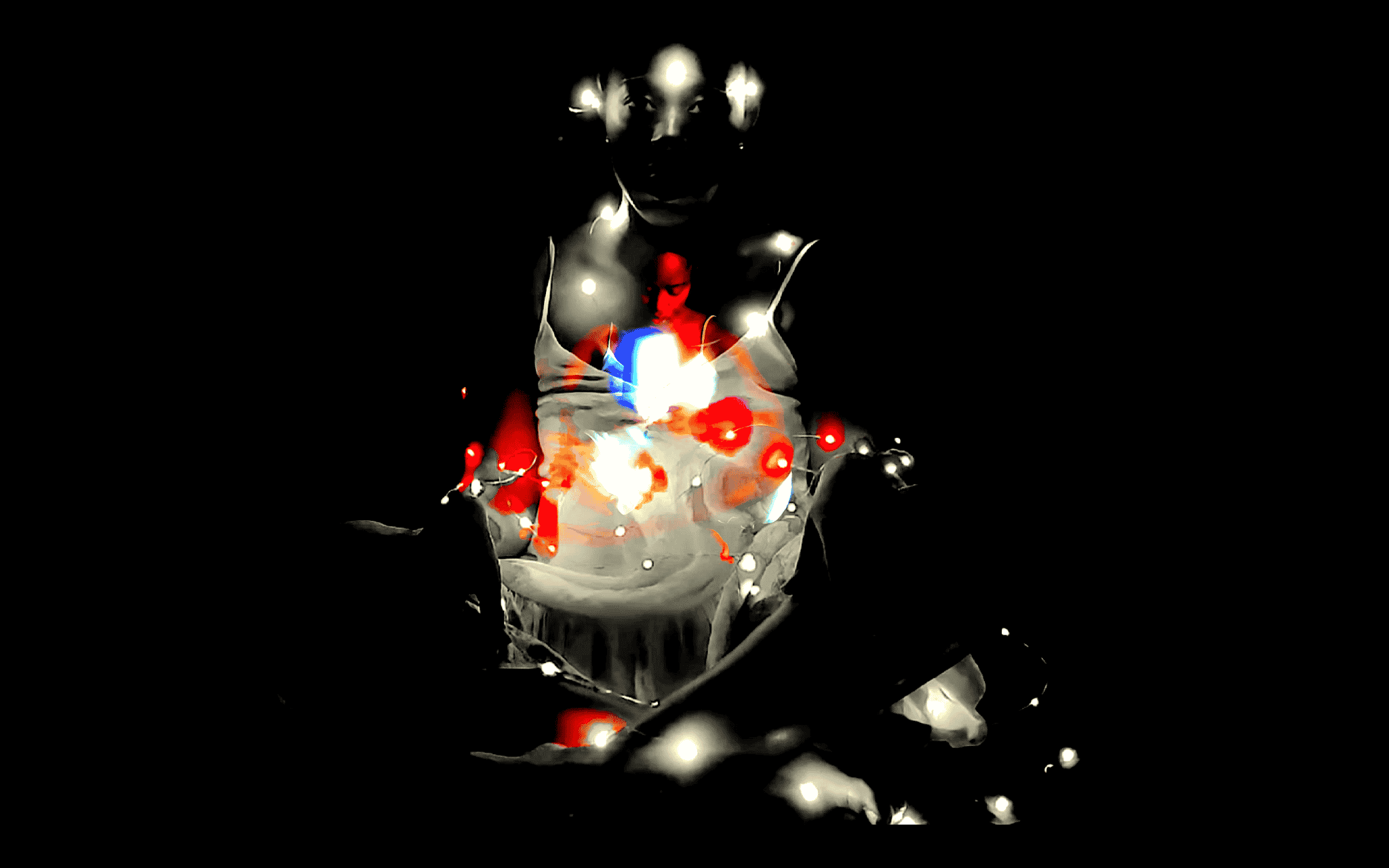The focus of this piece is to highlight and celebrate the asexual and aromantic community and what it means to exist outside of the expectation to be partnered.
JoinedJuly 1, 2021
Articles12
Comments1
Shanita Mitchell currently serves as the Assistant Director for the Rappahannock Scholars Program at the University of Mary Washington. Since graduating from UMW with her B.A. in 2012, she has continued to pursue her passion for providing underserved and underrepresented student populations with college access opportunities and scholarships by working in and with the Office of Admissions, Financial Aid, and serving as the advisor for various multicultural and performance organizations on campus. That same passion recently led Shanita to acquire her M.A. in English from Southern New Hampshire University with the intent to expand beyond the administrative side of higher ed and into the classroom. Shanita also works as a dance instructor at The Courthouse School of Ballet and Umbiance Dance Studio. In her spare time, Shanita enjoys portrait painting, amateur photography, costuming, video editing, and advancing her study of Black feminist thought, Critical Race Theory, and autoethnography as a meaningful expression of self.
What happens when a witch is black? This piece is a salute to the transformational beauty of cosplay & all the laughter it inspires.
Shanita Mitchell and Marlen Harrison·
All ContentAutoethnographic Art & MultimediaMorePodcastsReflections on MethodVolume 3, Issue 2 (2023)
··18 min readToday we're talking with the award-winning author, researcher, and performer, Shanita Mitchell about performance and autoethnography.
This piece explores the ways in which identity and esteem are interwoven into the topic of Black hair.
How do creatives find joy in artistic performance as a form of black feminist autoethnography? Podcast & video.
This video explores how editors have developed their approach to reviewing creative autoethnography and highlights strategies for contributors.
"In the newest video from The Twerking Academic, I explore how the summer of 2020 slammed me back into an awareness of my own double consciousness as a Black American."
I pay homage to Nina Simone’s already iconic and thorough exploration of stereotypes by setting the project to the song “Four Women.”
"At what age does a Black woman learn that it is her job to be strong?"
"Then comes that special brand of rage and dejection that the patriarchy inspires by attempting to steal away with my bodily autonomy."
“A Seat at the Table” is the autoethnographic manifestation of my vulnerability, anger, and anguish, of my black feminist grit."
"When I review evocative autoethnography I look for that layer in the contribution that will entertain and connect to a cultural issue."














